The D3 Aircraft Engineering Study Program has made a significant journey in producing experts in aircraft maintenance. The initial milestone of this study program was marked by Approval 147/01000/01, which was issued on March 15, 2010. This approval contains basic training (basic general) in the fields of airframe, aircraft (A1), and turbine engine (A4).
Along with the development of the aviation industry and the need for broader competencies, the study program continues to innovate and develop itself. This is evidenced by obtaining Approval 147/01000/03 on June 1, 2012. This agreement expands the scope of the general basic training organized, including
1. Basic General Airframe, Aeroplane (A1)
2. Basic General Piston Engine (A3)
3. Basic General Turbine Engine (A4)
4. Basic Radio (C1)
5. Basic Instrument (C2)
6. Basic Electrical (C3)
The study program's commitment to producing competent aircraft technicians was further strengthened by obtaining Approval 147D-010 on December 29, 2017. This approval adds to the study program's ability to provide general basic training in the field of airframe helicopter (A2), demonstrating responsiveness to the development of the type of aircraft in operation.
Furthermore, on March 31, 2021, the study program added Operation Specification Aircraft Type Training. This addition allows the study program to conduct specialized training on aircraft rating types, focusing on the airframe and engine categories of the Cessna 172S (Lycoming) and Seneca V (Lycoming & Continental). This step further increases the relevance of graduates to the specific needs of the aviation industry.
The accreditation of the D3 Aircraft Engineering Study Program in 2022 received a superior rating according to the Engineering Decree Number 0247/SK/LAM Engineering/VD3/XII/2022, which is valid until December 20, 2027.
The D3 Aircraft Engineering Study Program continues to strive, through various stages of approval and the addition of training specifications, to become a superior education center that produces reliable aircraft technicians ready to contribute to the progress of the aviation industry in Indonesia.
Study Program Accreditation
Vision and Mission of the Study Program
Vision
Becoming the leading study program in Indonesia in applying aircraft maintenance science to carry out sequential maintenance procedures, skilled in operating general and special equipment, able to carry out inspections and repairs to routine damage to maintain airworthiness continuously, while still prioritizing safety aspects
Mission
- Carrying out higher education in aircraft engineering with an international perspective
- Develop a virtuous, disciplined, and able-to-work-in-a-team attitude and character.
- Develop live laboratories to support project-based learning systems.
- Carry out basic research as the basis for developing decision-maker skills.
- Applying the science of aircraft maintenance techniques through appropriate technology that can be used for the community.
Program Educational Objectives
General Purpose
Organizing active and conducive aircraft maintenance education by the competencies and international standards that have been set
Special Purpose
Producing graduates who have:
- Technical skills, including the ability to operate, maintain, repair, analyze disturbances/breakdowns, and plan/design installations, as well as evaluate the performance of aircraft facilities and maintenance mechanisms to ensure safety, security, comfort, and smooth flight;
- Professional expertise, including technical and non-technical skills and knowledge related to the profession as evidenced by a minimum of 1 national expertise certificate;
- Dedication and integrity, in the form of high commitment and integrity to quality, time, and the ability to understand ethical, social, and professional responsibilities;
- Communication and socialization skills, including effective communication, both verbally and in writing, in their profession; the ability to work effectively in teams; and respect for differences and knowledge of professions, contemporary social and global issues.
- Awareness of the need for a lifelong learning ability.
Graduate Competency Certificate
Key Competency Certificate
Airframe Powerplant (AP) Department:
AREAS OF SPECIALIZATION: Al, A3, AND A4
- Basic Certificate A1—AIRFRAME, AIRPLANE;
- Basic Certificate A3 – PISTON ENGINES;
- Basic Certificate A4 – TURBINE ENGINES
SPECIALIZATION AREAS A2, A3, AND A4
- Basic Certificate A2—AIRFRAME, HELICOPTER;
- Basic Certificate A3 – PISTON ENGINES;
- Basic Certificate A4 – TURBINE ENGINES
Electrical Avionic (EA) Department :
- Basic Certificate C1 – RADIO;
- Basic Certificate C2 – INSTRUMENTS; AND
- Basic Certificate C4 – ELECTRICAL.
Additional Competency Certificate
Airframe Powerplant (AP) Department:
AREAS OF SPECIALIZATION: Al, A3, AND A4
- CASR (Civil Aviation Safety Regulation)
- Human Factor
- Basic Aircraft Repair
- Welding
- AutoCAD
SPECIALIZATION AREAS A2, A3, AND A4
- CASR (Civil Aviation Safety Regulation)
- Human Factor
- Basic Aircraft Repair
- Welding
- AutoCAD
Electrical Avionic (EA) Department :
- CASR (Civil Aviation Safety Regulation)
- Human Factor
- Basic Aircraft Repair
- Welding
- AutoCAD
Graduate Competency Profile
Description: Responsible for routine and non-routine maintenance of aircraft
Description: Responsible for carrying out the administrative process supporting aircraft maintenance planning data
Description: In the field of aircraft, personnel, airworthiness documentation, and organization.
Laboratories
Engine shop
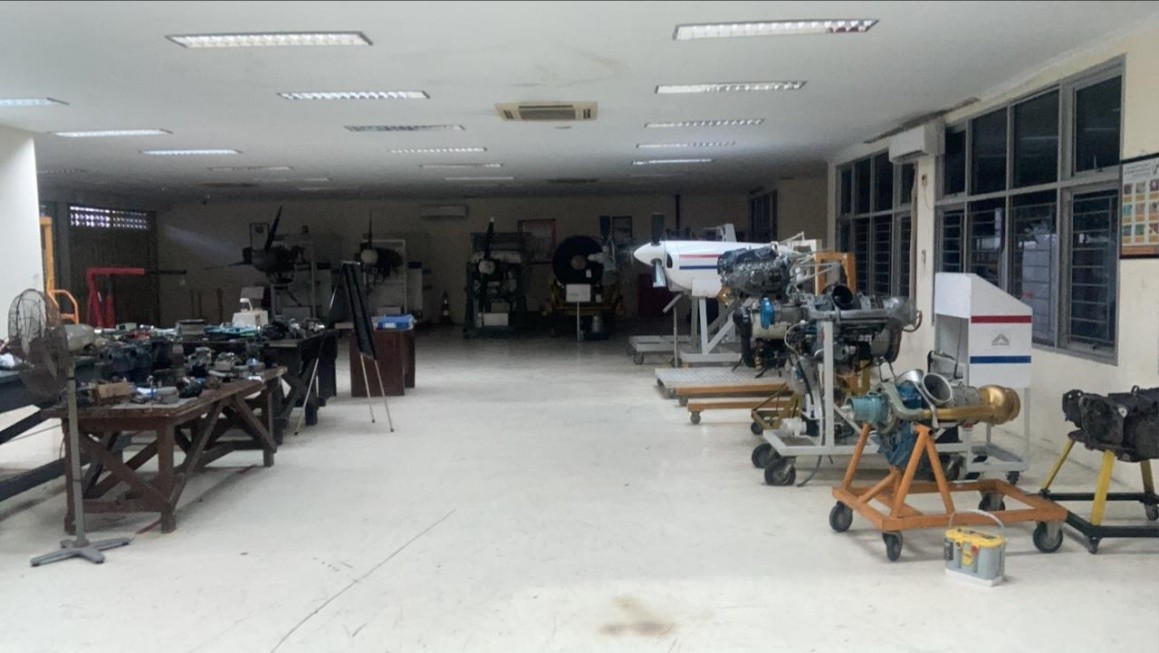
The Engine Shop is a laboratory dedicated to the understanding, maintenance, and repair of different types of aircraft engines, from pistons to gas turbines. This laboratory is designed to provide students with hands-on experience in handling the main components of an aircraft’s propulsion system.
Function:
- To train students’ skills in overhauling, inspection, and removing and installing machine components.
- As a facility to carry out routine maintenance and minor repairs to the engine or engine components.
- To perform machine performance testing in static conditions.
Tools:
Various types of aircraft engines (pistons, gas turbines, turbojets, turbofans). Wrench set, screwdriver set, plier set, precision measuring equipment (micrometer, caliper, dial indicator), and special tools to remove and install machine components.
Welding Shop
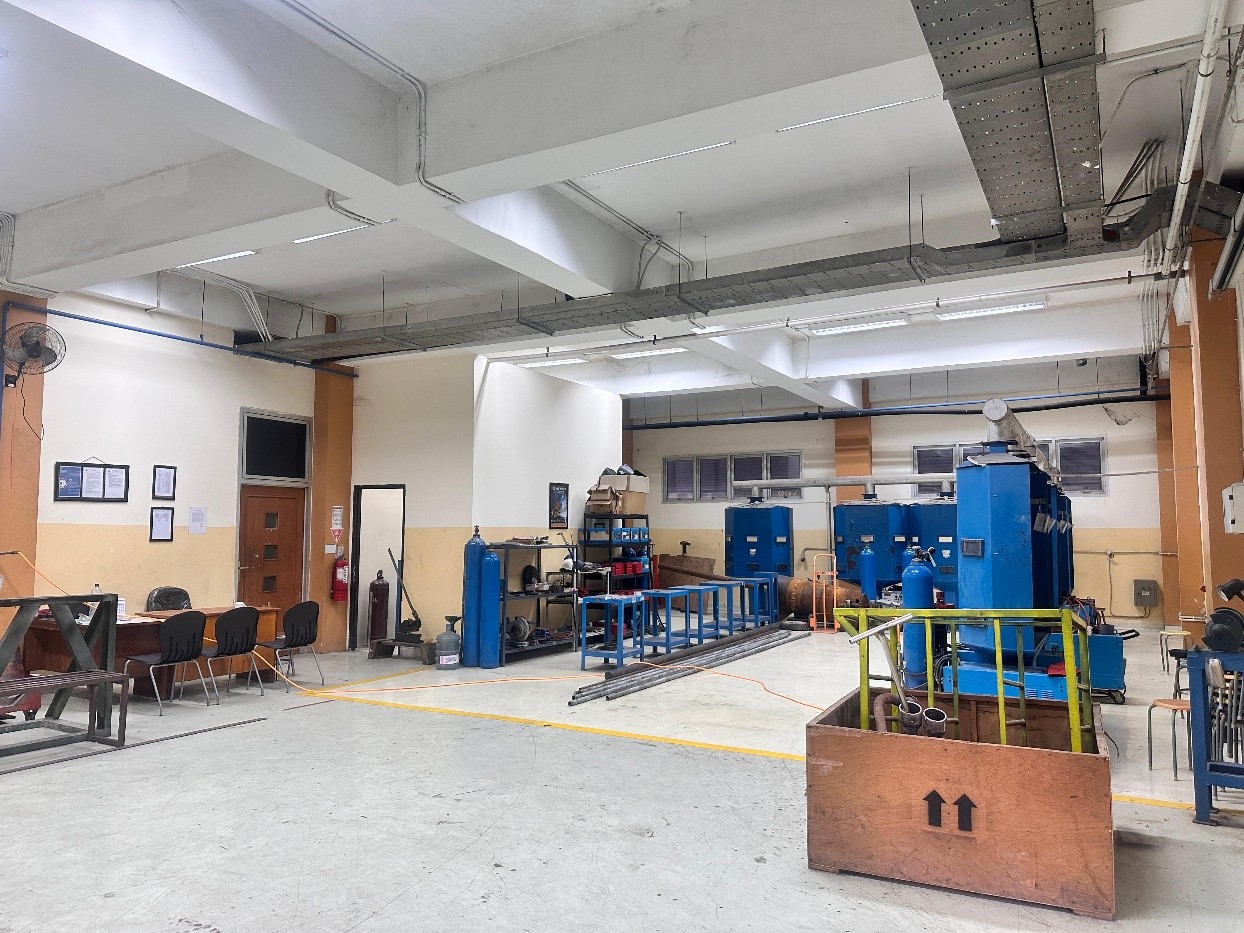
The Welding Lab is a facility to learn various welding techniques used in the aviation industry, especially for the repair of aircraft structures. Students will learn about the basic principles of welding, occupational safety, material preparation, and the practice of various welding methods.
Function:
- As a place to learn practical metal welding techniques commonly used in the aviation industry.
- To train skills in welding with various methods.
- To understand the welding quality standards on aircraft structures.
Tools:
SMAW welding machine (stick welder), GTAW welding machine (TIG welder) with argon gas fittings, GMAW welding machine (MIG welder) with protective gas fittings, Drilling machine, welding helmet, welding gloves, welding apron, hand grinder, workbench, wire brush, and silver hammer
Instrument Shop
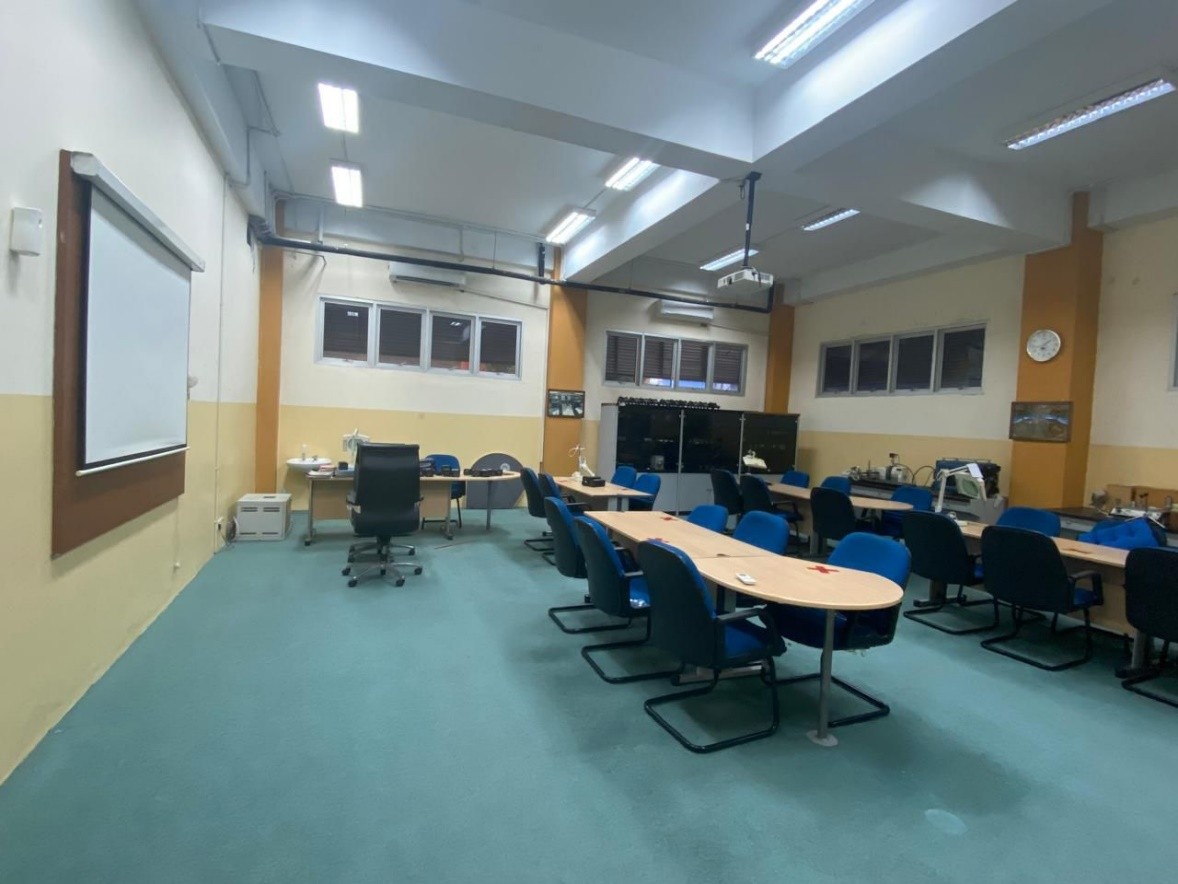
The Instrument Lab is a facility dedicated to studying the various instruments and systems contained in the cockpit of an aircraft. Students will understand the functions, working principles, readings, and interconnections of various navigation instruments, flight controls, engine indicators, and warning systems.
Function:
- As a place of practical learning about the layout, functions, and how to read cockpit instruments
- To train skills in operating and interpreting information from various cockpit instruments
- As a facility for simulating flight procedures and handling emergency conditions based on instrument information.
Tools:
Different types of cockpit instruments (airspeed indicator, altimeter, VSI, heading indicator, attitude indicator, turn coordinator, magnetic compass, tachometer, manifold pressure gauge, fuel flow indicator, exhaust gas temperature gauge), Cockpit instrumentation system diagram
Painting Shop
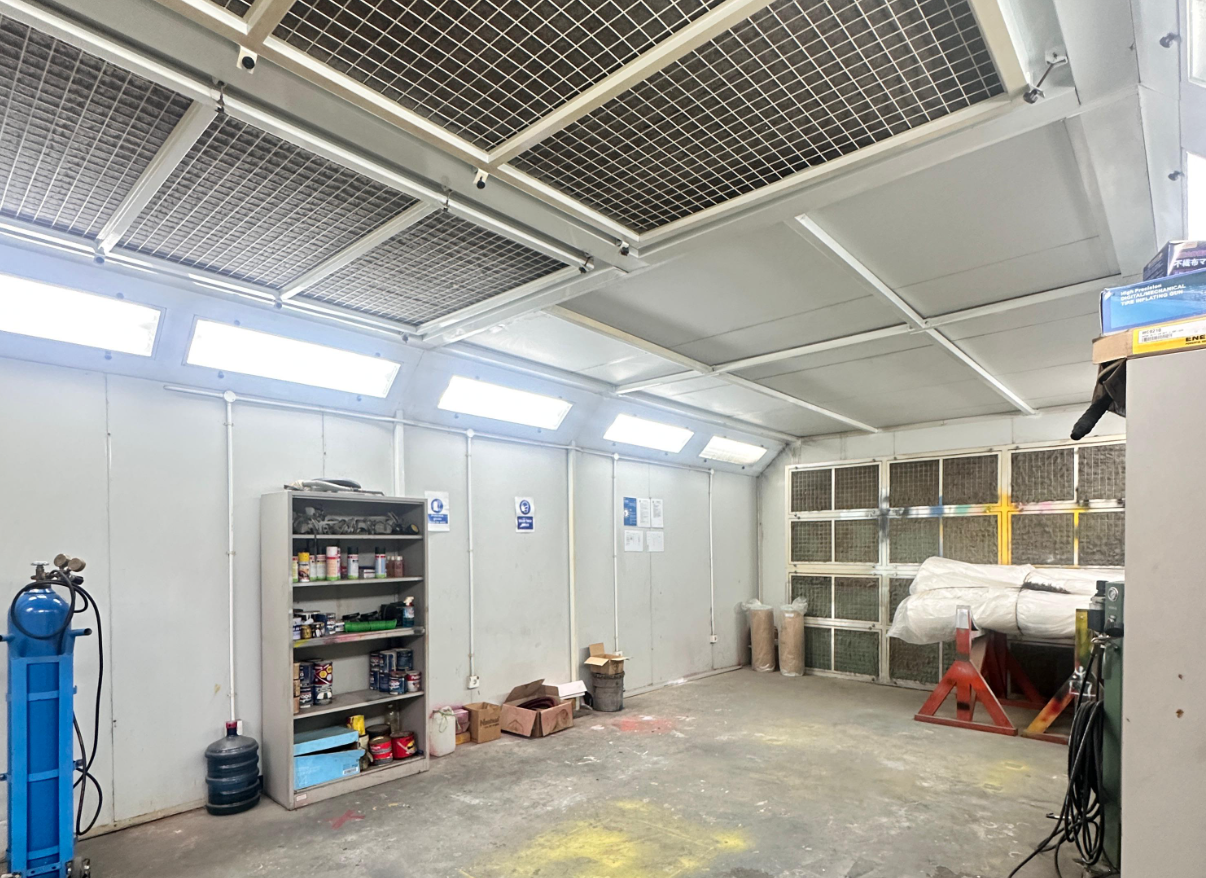
Lab Painting is a facility used to study painting methods on aircraft components. Students will learn about surface preparation, selection of appropriate paint types, correct paint application techniques, and finishing processes to ensure protection of the environment and aesthetics of the aircraft.
Function:
As a place to learn the practice of aircraft painting
To practice skills in preparing material surfaces (cleaning, sanding, masking).
To learn and practice paint application techniques, use a variety of methods, especially with spray guns.
To understand the quality standards of painting in the aviation industry.
Tools:
spray gun, air compressor with pressure regulator and filter, and paint booth with adequate ventilation system. Surface preparation equipment (various grit sanding, hand grinding, wire brush), Masquerade equipment (masking paper, masking tape of various sizes), Measuring cups and paint mixers, Personal protective equipment (masks, gloves, protective clothing, goggles).
Lab Avionic
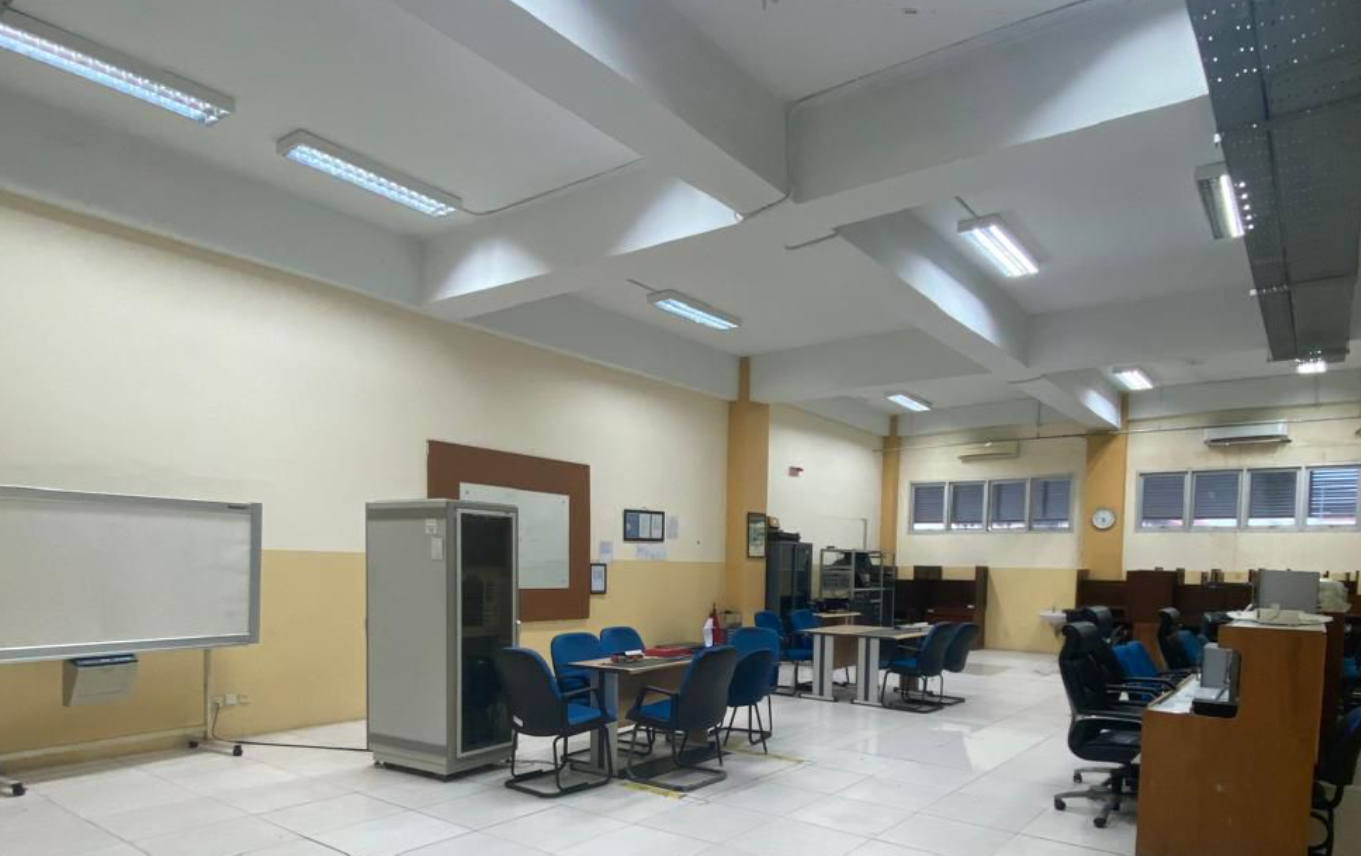
The Avionics Lab is a facility designed to study the electronic and electrical systems used in aircraft. In this laboratory, students will understand the principles of work, installation, maintenance, and troubleshooting of various avionics systems, including communication, navigation, and flight control autopilot systems.
Function:
As a place of practical learning about electrical circuits and basic electronics applied to aircraft.
To train skills in the installation, configuration, and testing of avionics systems.
As a facility for simulation and troubleshooting problems in avionics systems.
Tools:
Garmin G1000, digital and analog multimeter, DC power supply, installation and cable connection tools (crimping tool, wire stripper, connector), and avionics system autopilot simulation software.
General Workshop
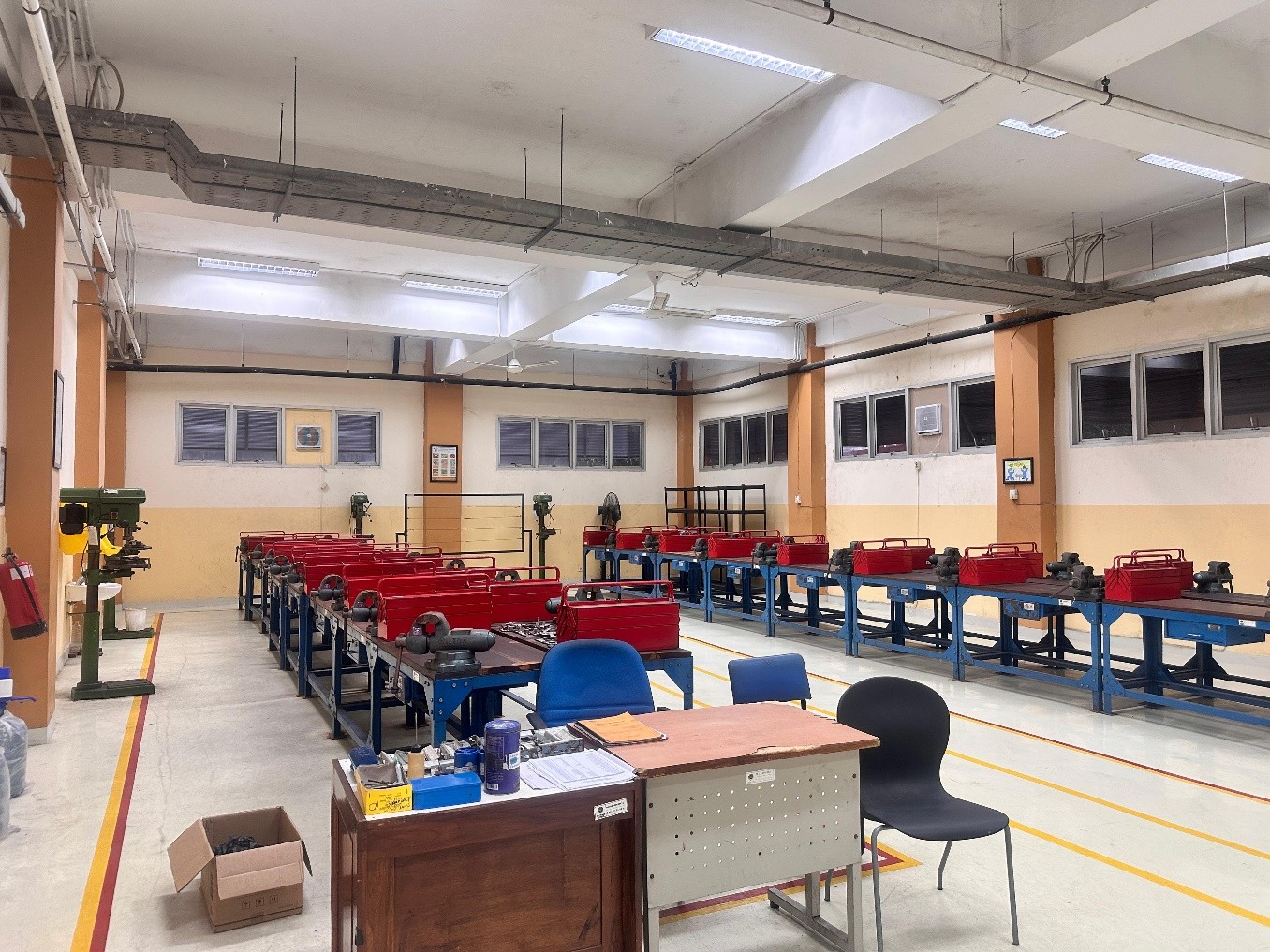
The General Workshop is a facility equipped with various power tools, general hand tools, and measurement tools that are used for simple fabrication, minor repairs, and the manufacture of jigs or fixtures to support activities in other laboratories. This laboratory provides basic skills to students in working with materials.
Function:
As a place to practice basic skills in the use of general hand tools and power tools.
To support the manufacture of simple components, such as drilling using table drilling machines and hand drills, the use of manual cutting tools such as hand saws and chisels, the use of simple lathes to make components, as well as the use of basic measuring tools such as steel crossbars, calipers, and protractors.
As a facility to make minor repairs to laboratory equipment.
Tools:
Workbench, bench vise, toolbox, drill machine, steel crossbar, Vernier caliper, protractor
Curriculum
List of Lecturers Based on the PDPT
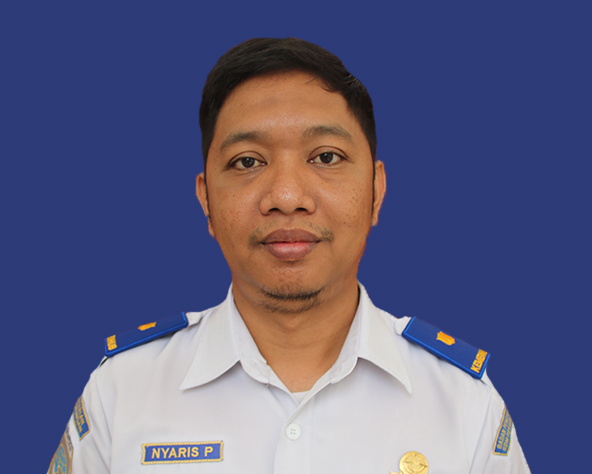
Nyaris Pambudiyatno, S.SiT, M.MTr
NIP. 19820525 200502 1 001
Penata Tk.I (III/d)
NIDN. 4225058201
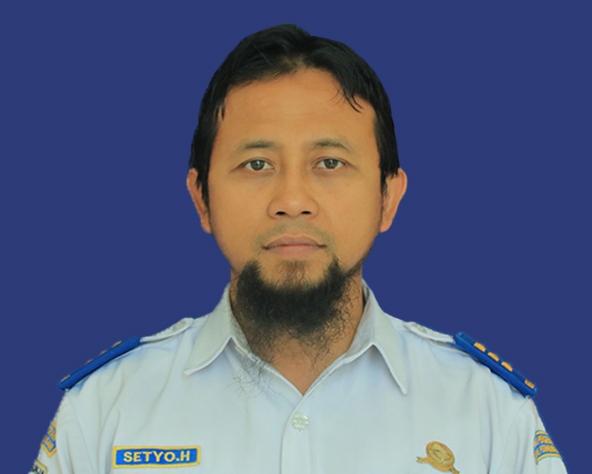
Dr. Ir. Setyo Hariyadi S.P., ST, MT
NIP. 19790824 200912 1 001
Pembina (IV/a)
NIDN. 4224087901
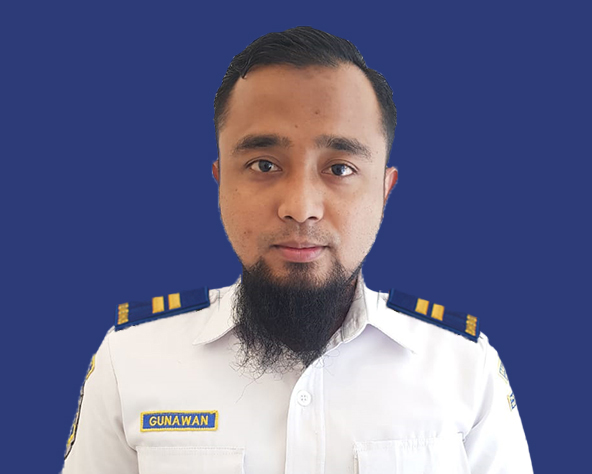
Dr. Gunawan Sakti, ST, MT
NIP. 19881001 20012 1 003
Penata (III/c)
NIDN. 4201108801
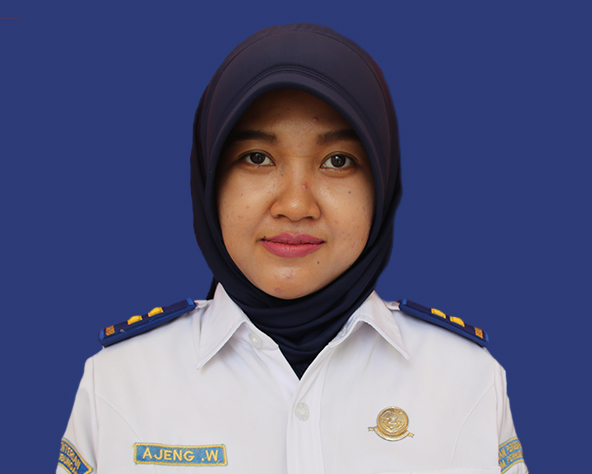
Ajeng Wulansari, ST, MT
NIP. 19890606 200912 2 001
Penata (III/c)
NIDN. 4206068901
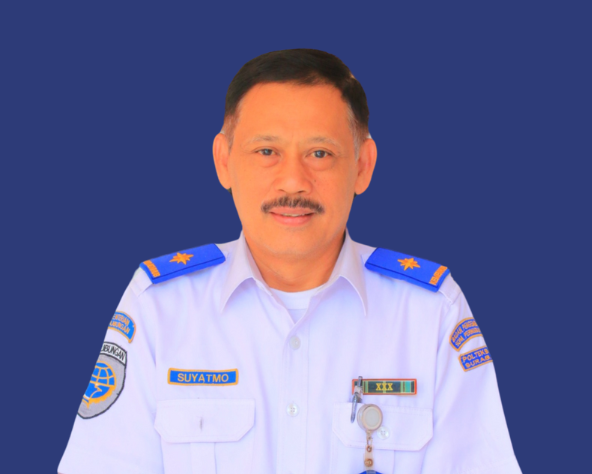
Dr. Suyatmo, ST, MT, M.Pd
NIP. 19630510 198902 1 001
Pembina Utama Muda (IV/c)
NIDN. 9900999592
Ir. Hadi Prayitno, S.ST, MA
NIP. 19751016 199803 1 003
Penata Tk.I (III/d)
NIDN. 4216107501
Dr. Willy Artha Wirawan, ST, MT
NIP. 19930718 202312 1 025
XII
NIDN. 4218079301

